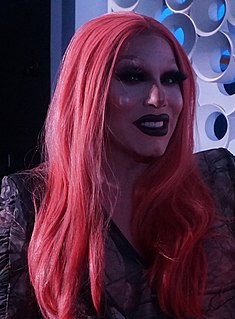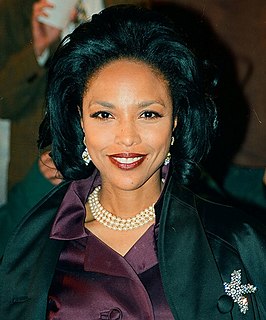A Quote by Yuliya Snigir
In American films, Russians are often portrayed like cartoon villains without clear motivations.
Related Quotes
Two words guided the making of 'Babel' for me: 'dignity' and 'compassion.' These things are normally forgotten in the making of a lot of films. Normally there is not dignity because the poor and dispossessed in a place like Morocco are portrayed as mere victims, or the Japanese are portrayed as cartoon figures with no humanity.
It's just, "Hey,[Barack] Obama's the hero, and he wants Obamacare," and so the coverage is totally devoted to whether or not Obama's gonna get it. Now, in that scenario, who are the villains?Well, your good old, reliable Republicans are the villains, and they are always portrayed as the people trying to deny our beloved hero what he wants.




































